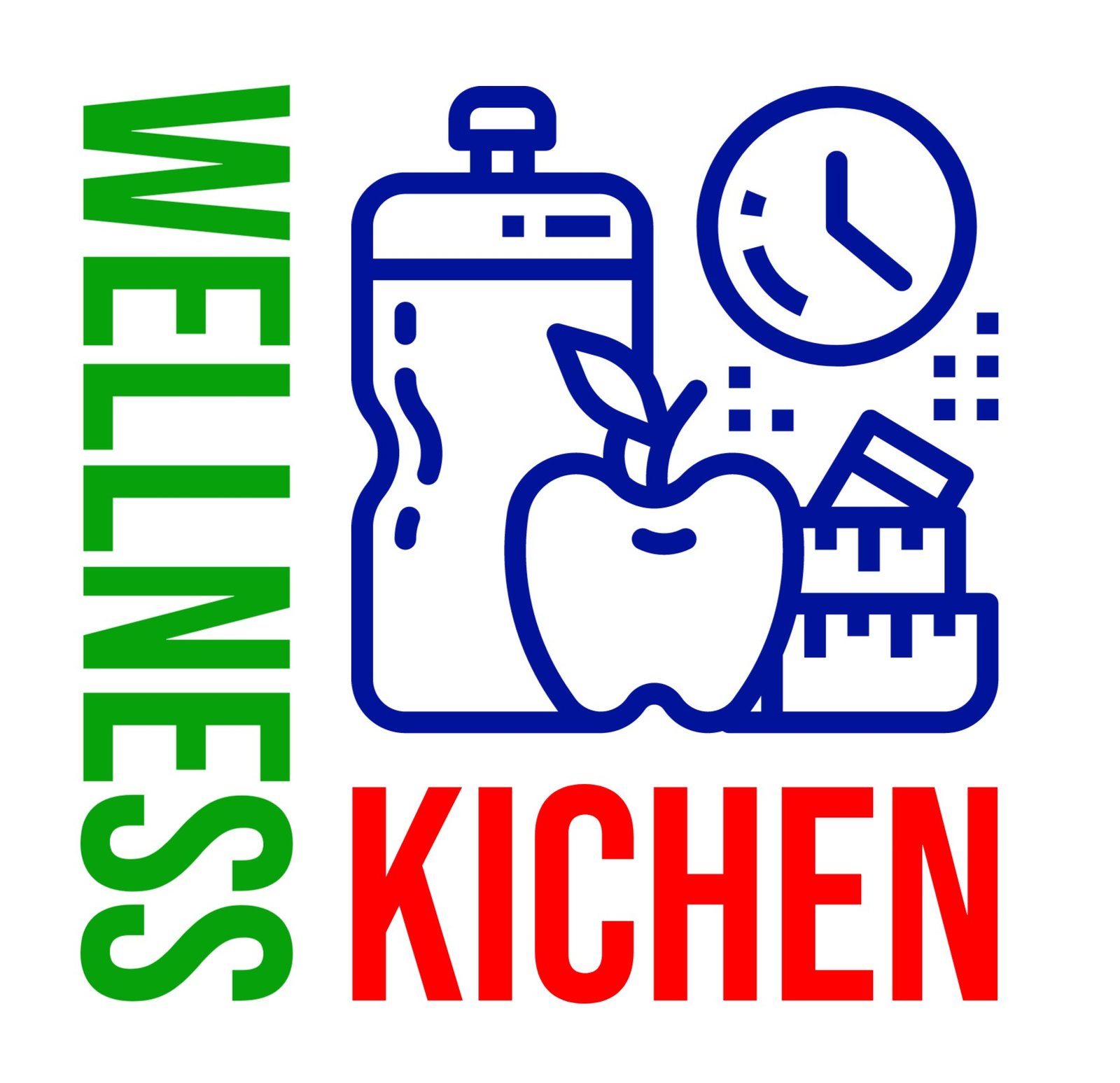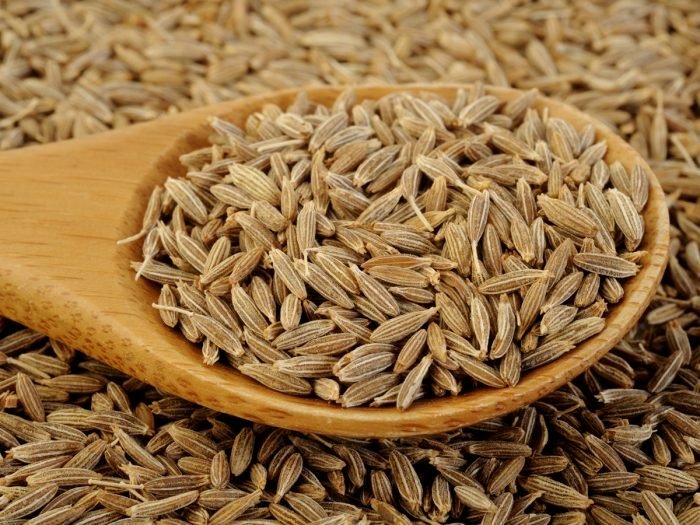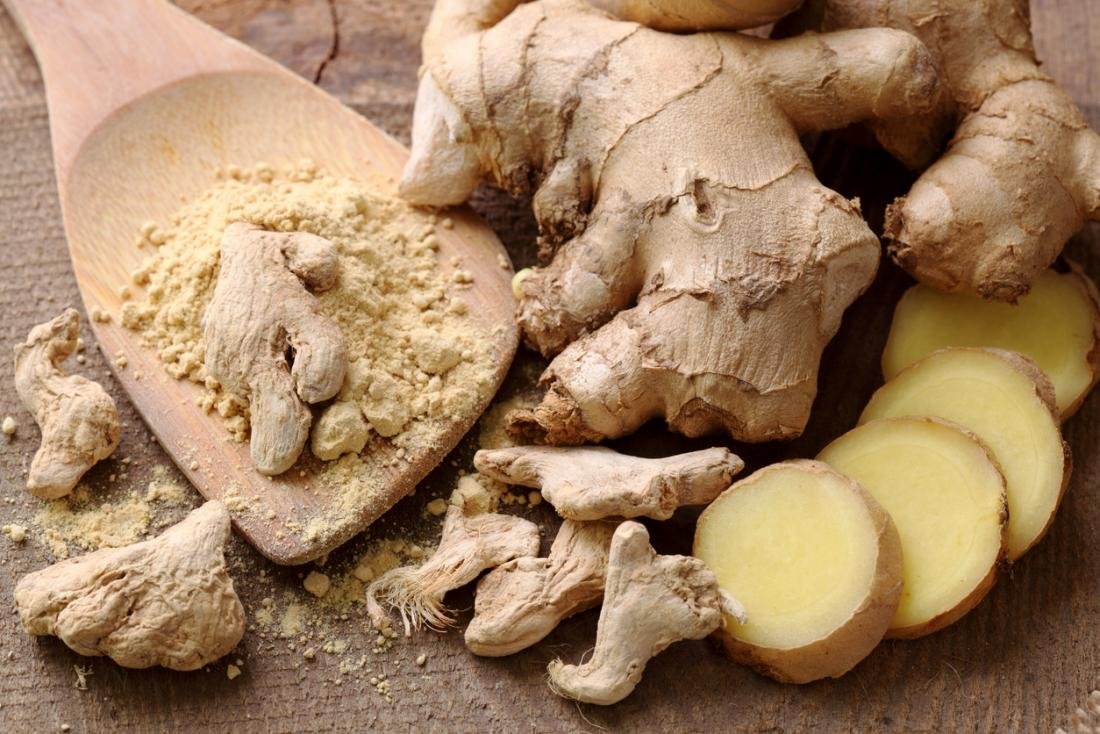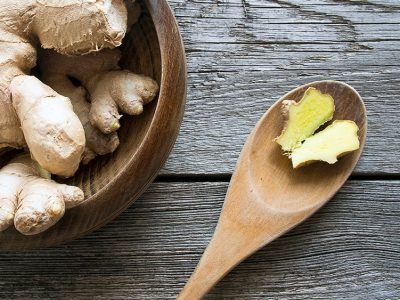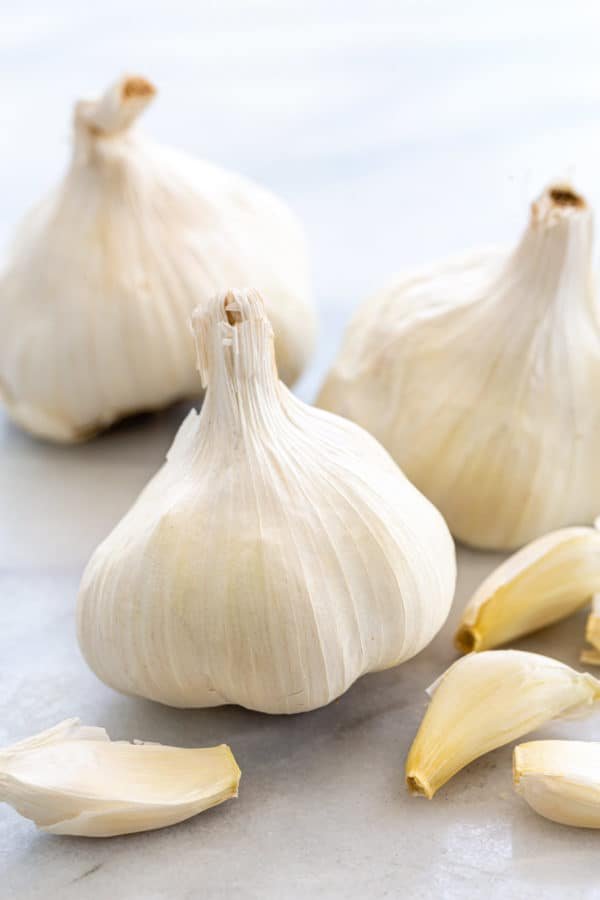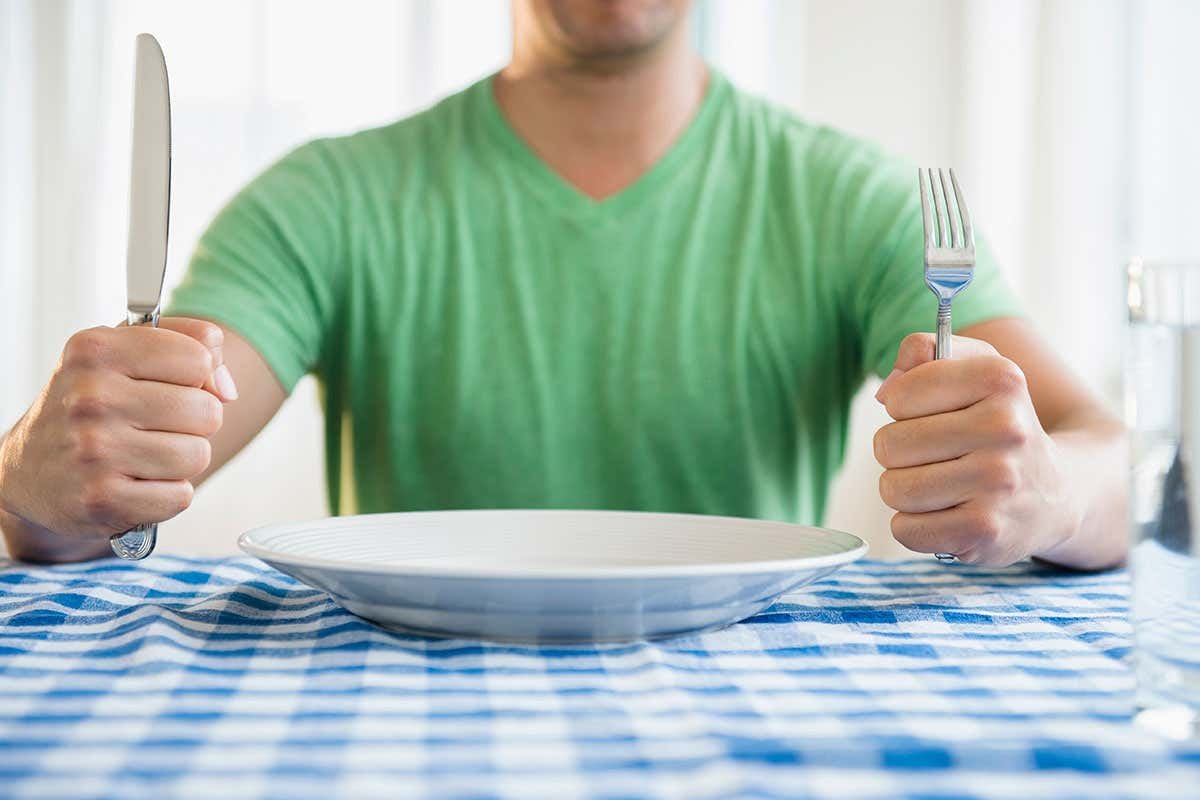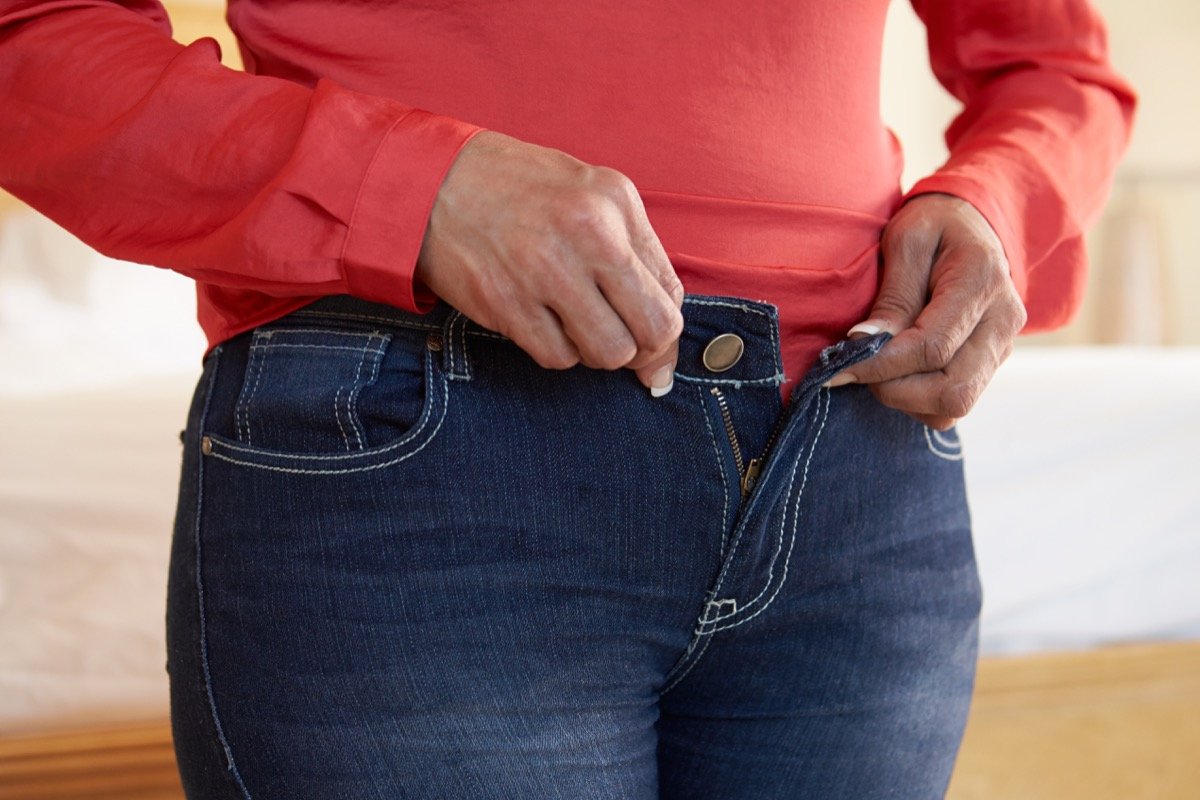Cumin seeds commonly known as ‘jeera’ are very small in size but contain a lot of nutritional value. Cumin powder in Hindi is called “Jeera Powder”. It is called “Jeerakapodi” in Tamil and “JeelakarraPodi” in Telugu. You can make powder from those cumin seeds to get cumin powder. It is an edible ingredient which is very commonly used in every kitchen of India. It has many benefits such as digestion, treating some infections and many more.
Cumin powder is a powerful ingredient used in ancient Ayurveda medicine. Being a rich source of Iron, Cumin powder can help you deal with anemia. It is also quite high in dietary fiber to improve digestion and preventing constipation. Besides these benefits, Jeera powder is also known to aid in weight loss and promote healthy well-being.
Some key health benefits of Cumin Seeds:
Enriched with Iron: Cumin seeds contain iron in a rich amount around 15-16 %. It is very important for increasing hemoglobin in our body. Cumin seeds also help in treating anaemia patients. It helps you in recovering from weakness, lethargy, lack of concentration and dizziness by maintaining your iron level. This is one of the best jeera powder benefits.
Aids in Better Digestion: Salivary glands are stimulated by an important compound known as Cuminaldehyde found in cumin helps in improving digestion. It also activates enzyme production which helps in breaking the macro-molecules such as sugar, fat, starch and protein. Cumin powder helps you a lot in treating acidity and indigestion. Its powder is suggested for good health of kidney.
Fights Asthma: Cough and cold are very common respiratory disease which can be controlled very easily with the help of cumin seed powder. As it contains antioxidants and vitamin C, Cumin powder can also solve serious respiratory problems like Asthma. It acts as a good expectorant. Mucus is dried and expelled out. It also enhances our immunity system.
Prevents and Fights Cancer: Cumin contains anticarcinogenic agents such as thymohydroquinone, thymoquinone, thymol and dithymoquinone. It contains essential oils in large amount which helps in preventing damage of free radicals from your cells. It is also helpful in treating cancer such as breast cancer and colon. Harmful toxins are removed from your body by stimulating liver flushing mechanism. Health is improved and functions of all organs are enhanced with the intake of cumin powder in your diet.
Stops Painful Stools and Piles: Powder of cumin seeds is taken to treat piles. Piles result mainly due to rectum infection or severe cases of constipation. Cumin powder is rich in dietary fibres and has antimicrobial and carminative properties which prevent inflammation of the rectum. Bowel movements become easier, regular and smooth with the help of its high content of fibres.
Cures Skin Inflammation: Take cumin powder with water to get rid of pimples, acne and other skin infections. You will start feeling the difference within a few days. Your skin also starts glowing because of antioxidants in cumin. Also cures boils and stops its further growth. You can notice visible results in just a few days.
Improves Quality of Sperm: A cumin seed contains zinc which increases the production of sperms and nucleic acids are synthesized with its help. It is also a good mood enhancer and helps in treating insomnia. Adding two spoons of Cumin powder in your everyday diet can improve the quality and number of your sperm. This is one of the best Cumin powder health benefits.
Regulates Sugar Levels: Sugar levels in the blood also get controlled by the help of cumin powder. It is a wonderful agent to help in lowering your blood glucose levels and bringing down your numbers. Jeera powder is also recommended by many doctors for its ability to stimulate insulin production and keeping your blood sugar levels under control.
Reduces Body Heat: Put some cumin powder in boiled water and then pour it. Itchiness of the skin and body heat can be treated by having a bath with this water, after cooling it. Burning sensation in the soles and of the palms can also be treated by drinking water of cumin.
Treats Many Hair Problems: Cumin consists of various nutrients which are beneficial for our hair. The vitamins present in cumin provide us with healthy hair and provide proper hair growth. Cumin powder helps to get rid of dandruff’s and it acts as a great stimulant. Our hair requires many nutrients like fats, proteins, carbohydrate and even water for proper nourishment and most of these are easily available from it. It cuts hair loss and provides us with long and silky hair.
Delays Signs of Aging: Cumin protects our skin from any microbial infection and also triggers the anti-ageing process. It prevents us from wrinkles and premature ageing which basically loosen our skin. Vitamin E and antioxidants present in cumin fight against these symptoms. The free radicals present in our body have several side effects that also affect our skin. Age spots and wrinkles are signs of ageing which are caused due to lack of various nutrients. Also vitamin E content in cumin gives us glowing skin. We get rid of acne, pimples and other skin disorders. Application of cumin paste helps to combat these skin disorders. Various face packs are being with cumin powder for skin treatments.
Cures Insomnia: According to the study, it is being shown that cumin or cumin powder is rich in vitamins which are helpful in various purposes. The vitamins mainly B complex is required for better and proper sleep. It is a unique property of cumin that helps to reduce insomnia. As it being mention before, cumin powder helps to improve digestion which in turn provide us with proper sound sleep. Proper sleep is very essential for every one of us to get relief from anxiety and stress. The tranquilizing effect is noticed among the components of the cumin oil.
Strengthens Immunity: Cumin basically consists of various vitamins, minerals and also the presence of essential oil improves our immune system. It improves immunity with its anti-bacterial and anti-viral properties. The antioxidants are present in an adequate amount that boost the immune system. Among the others, vitamin C is one of the important antioxidants presents in cumin. This helps to fight against the free radicals that lead to various harmful diseases. Some cardiovascular diseases and cancer may occur due to the presence of free radicals. So, cumin basically detoxifies our body from these harmful effects. It supports the anticancer property of the antioxidants. Thus, the toxic product produced in our body is eliminated constantly that leads to improving our immune system.
Improves Milk Supply: Cumin consists of various minerals like calcium, iron and others which are required for lactating mothers and also for others. Lactating mothers requires nutrient-rich food for the baby mainly. Cumin contains calcium in a remarkable amount that is an important ingredient of milk and thus it’s a much needed or required mineral for lactating mothers. On the other hand, iron is also required by pregnant women.
Cumin Powder Benefits for Weight Loss: One of the best Jeera Powder health benefits is its fat-burning abilities to help in reducing your excess weight. Studies show that people who used cumin powder regularly in their diet experienced a weight reduction by almost 15 %. The best way to use Cumin powder for weight loss is to prepare some Jeera water and drink it on an empty stomach.
Prevents Food-Borne Illness: One of the effective home remedies to deal with food poisoning is Cumin powder. It works like a charm in kids and adults, by fighting with the infection-causing bacteria and virus.
Good Source of Calcium: You will be quite surprised to read that Cumin is a great source of calcium, needed to strengthen your bones. With 931 mg of calcium in 100 gms of Cumin powder, it certainly makes one of the best foods for your skeletal system. Besides that, it also strengthens your teeth and makes them less prone to breakages and damages.
Lowers Cholesterol: Cumin powder can help in lowering your blood cholesterol levels to a great extent. It absorbs the bad cholesterol or LDL which blocks the arterial walls.
Some Side Effects of Cumin Seeds:
Although Cumin powder is considered to be safe for consumption, it does come with a set of side effects. Some of the most common disadvantages of Cumin are:
- Nausea.
- The bitter aftertaste in your mouth.
- Vomiting.
- Loss of Appetite.
- Drowsiness.
- Mental Clouding.
- Heavy bleeding during menstruation.
- Pre-term labour during pregnancy.
Cumin powder has many health benefits which would provide a healthy body. Daily intake of cumin powder as a price in food items would provide you with good sources of minerals, vitamins, proteins, fiber and antioxidants. It is also one of the most economical and effective ways to deal with numerous ailments in the early stages. With these 20 best cumin powders uses discussed in the article, we are pretty sure you will start using it to enjoy great health!
